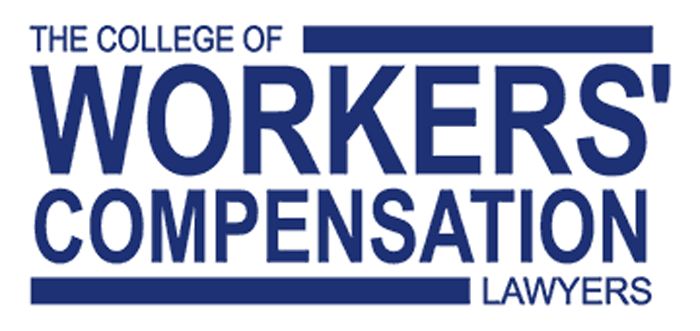
Law in general has quite the range of acronyms, but this one is often a stumper. If you have not been in workers’ compensation for a while, then PPI may be more than unfamiliar.
PPI stands for permanent partial impairment, and in Indiana, it likely means a numerical percentage rating. A permanent partial impairment (PPI) rating in workers’ compensation is a measure used to assess the extent of a worker’s permanent impairment resulting from a workplace injury or illness.
Assessment of permanent impairment
After an injured worker reaches maximum medical improvement (MMI)—a point at which their condition is not expected to improve significantly with further treatment—a health care professional, often an independent medical examiner, evaluates the extent of the permanent impairment.
Independent Medical Exams: The Workers’ Compensation Beast
Learn about the process for independent medical exams and how they can impact your workers’ compensation case.
Rating guidelines
The evaluation is often based on guidelines provided by the American Medical Association (AMA), specifically the AMA Guides to the Evaluation of Permanent Impairment. These guides provide standardized criteria for assessing impairments in various body systems.
How does PPI work?
- Percentage rating. The impairment is assigned a percentage rating, reflecting the degree of impairment. This percentage is then used in the calculation of compensation.
- Calculation of compensation. The compensation for permanent partial impairment is typically a predetermined amount multiplied by the impairment rating. The specific formula and compensation rates vary by jurisdiction.
- Nature of permanent partial impairment. Permanent partial impairment doesn’t necessarily mean total disability. An individual with a PPI rating may still be able to work, but the impairment is considered permanent and may affect their ability to perform certain tasks or functions.
- PPI use. The PPI rating plays a crucial role in the workers’ compensation process. It is used to determine the appropriate level of compensation that an injured worker is entitled to receive. Disputes over the rating or its validity may occur, and injured workers may have the right to appeal or challenge decisions.
Please note: It’s important to understand that the rules and regulations governing workers’ compensation, including the calculation and use of permanent partial impairment ratings, vary by jurisdiction.
Fort Wayne Catastrophic Work Injuries
Learn how a catastrophic injury can impact your workers’ compensation claim.
Injured at work in Indiana or Florida? Finderson Law can help!
Curious about your worker’s compensation claim? Finderson Law LLC offers free consultations to discuss your case. Give our firm a call at (260) 420-8600, use the chat box on our website, or text us using the website link!
We are always here to help bring our clients comfort, hope and ease regarding the complications of the law. As Attorney Roger Finderson is now licensed in Florida, we are happy to help Floridians alongside our Hoosiers in every way.





 744 E Till Rd, Suite 102
744 E Till Rd, Suite 102

